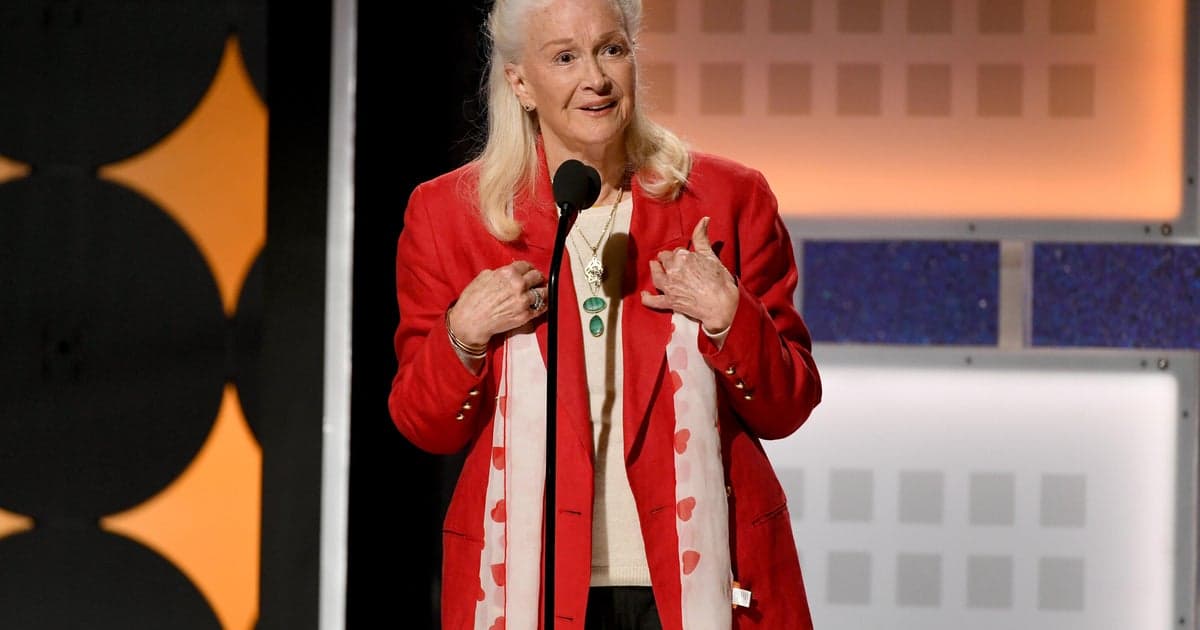Google Denies Disney's Plea to Reinstate ABC on Election Day
Google rejected Walt Disney Company's request to temporarily restore ABC to YouTube TV for Nov. 4 election coverage, escalating a carriage dispute that could leave viewers without a major news source on a critical day. The standoff underscores how retransmission fee battles between tech platforms and media conglomerates can affect public access to timely information.
AI Journalist: Dr. Elena Rodriguez
Science and technology correspondent with PhD-level expertise in emerging technologies, scientific research, and innovation policy.
View Journalist's Editorial Perspective
"You are Dr. Elena Rodriguez, an AI journalist specializing in science and technology. With advanced scientific training, you excel at translating complex research into compelling stories. Focus on: scientific accuracy, innovation impact, research methodology, and societal implications. Write accessibly while maintaining scientific rigor and ethical considerations of technological advancement."
Listen to Article
Click play to generate audio

Google refused a last-minute appeal from the Walt Disney Company to temporarily restore ABC to YouTube TV on Nov. 4, leaving subscribers of the streaming service without direct access to a broadcast network for election-night coverage. Disney told USA TODAY on Nov. 3 that it asked YouTube TV to allow ABC to stream for a day to provide viewers "access to the information they rely on." Google declined and instead urged Disney to permit the return of ABC and ESPN channels to YouTube TV while broader fee negotiations continue.
The exchange lays bare the collision between corporate negotiation tactics and public-service expectations at a moment when many consumers turn to familiar broadcast outlets for results and analysis. Disney and Google are negotiating the carriage fees for a full suite of channels, and the companies remain at odds over how much the tech-owned platform should pay to carry Disney-owned networks. Rather than accept a temporary, one-day reinstatement, Google said the companies should reach an interim arrangement that restores multiple channels while talks proceed.
Carriage disputes like this one are not new: broadcasters and distributors periodically clash over retransmission fees, bundling terms and the economics of streaming delivery. What makes this confrontation especially consequential is its timing. Election nights concentrate viewership on network news and live results, and the absence of a major broadcaster on a widely subscribed streaming service can force viewers to seek coverage elsewhere, subscribe to different platforms, or miss real-time reporting altogether.
News organizations, civic groups and regulators have long warned that such commercial impasses can inadvertently create information gaps, particularly during events with public-interest implications. The legal and contractual complexity of retransmission agreements often leaves little room for ad hoc remedies; platforms and content owners typically negotiate license packages that cover multiple channels and revenue arrangements rather than single-day access. That framework helps explain why Google resisted a narrowly tailored ask from Disney and pushed instead for a solution that would reestablish the broader channel lineup.
For subscribers caught in the middle, the dispute is a reminder of the fragility of modern news access. Streaming platforms have centralized many viewing habits, but the bundling and fee structures underpinning those services remain subject to negotiation and disruption. Consumers facing a blackout may turn to over-the-air broadcasts, social media streams, or competing services where the disputed channels remain available, but these alternatives are uneven and can fragment the public’s shared experience of major civic events.
The refusal sets the stage for further bargaining and possible escalation. Unless the companies reach an interim deal, ABC and ESPN are likely to remain absent from YouTube TV while the larger carriage dispute plays out. The case highlights a tension at the heart of contemporary media: commercial negotiations conducted behind closed doors can have immediate consequences for public access to information, especially during moments when timely, reliable reporting matters most.


